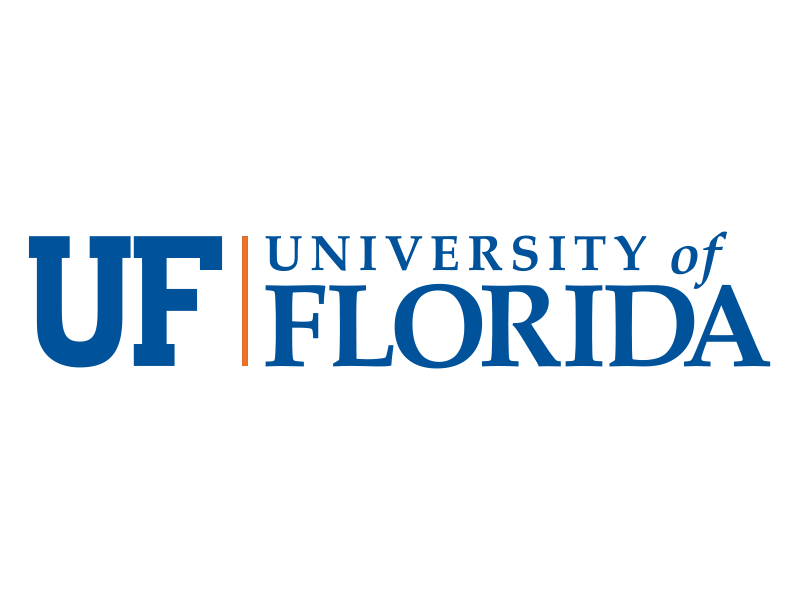
Student support services are essential to students’ progress in college, as resources such as advising, orientation, emergency aid, clubs and activities, academic/learning supports, and health and well-being programs address a wide range of student needs.The changing dynamics of higher education have led institutions to consider how to equitably deliver these support services to students online. For many institutions, the rapid and large-scale shift online caused by the COVID-19 crisis did not create conditions for optimal or equitable student learning and engagement.
The move to online instruction and service delivery has created both a critical need and a unique opportunity to investigate the innovative uses of technologies and practices. In the fall of 2020, NASPA launched the Virtual Innovation Awards: Excellence in Delivering Virtual Student Services. Over 100 submissions were vetted by an advising committee network and narrowed to a group of 10 institutions. This award spotlights the exceptional work happening at 10 institutions in the area of virtual student engagement.
Sharing Excellence
Spotlighting Virtual Innovation: Award-Winning Strategies for Leveraging Technology to Support Students During the COVID-19 Pandemic and Beyond synthesizes key themes common among the 10 award recipients, highlights each institution’s approach in more detail, and concludes with recommendations about the future of virtual support offerings.
Learn More
Insights from Penn State World Campus Student Affairs
This blog article highlights key takeaways delivering a holistic approach to virtual supports at Penn State World Campus. These insightful tactics can help you elevate the good work happening at your institution!

About the Virtual Innovation Awards
This award provides a total of $255K to ten institutions of higher education demonstrating exemplar academic, financial, and motivational support to students. These awards not only highlight the work of these institutions but they will also serve as case studies to inform the field at large. In addition to receiving a monetary award, winners were invited to present their innovative virtual programs and services. Click on the session names to view the replay:
These awards were managed by NASPA in collaboration with our trusted partners at Sova Solutions, and with support from project advisors.
Guiding Areas
Any institutional change effort requires well-coordinated planning, implementation, and execution activities from stakeholders across the institution. Delivering effective virtual support services and programs also requires an additional level of innovation and nimbleness to keep students, faculty, and staff engaged and to make any immediate programmatic changes to better address students’ needs.
Applications were assessed based on a range of criteria around these eight categories:
Connection Building: To what extent does the institution demonstrate how it leverages technology to foster a virtual community in which students interact with peers and administrators?
Holistic Approach: To what extent does the institution demonstrate how it is offering responsive virtual services and programs to support multiple aspects of students’ well-being?
Ingenuity: To what extent is the institution’s approach to its virtual program(s) and/or service(s) original or inventive, either within higher ed or in terms of what the institution has done so far?
Equity Focus: To what extent do program(s) and/or service(s) meet the unique needs of diverse and/or underrepresented populations which include, but are not limited to, Black, Latinx, Indigenous, first-generation, low-income, and other prioritized student populations?
Scalability & Sustainability: To what extent does the institution describe how its program(s) and/or service(s) is/are replicable and supported by resources that can be expanded on and sustained in the future?
Strategic Technology Use: To what extent does the institution select and use technology to deliver the program(s) and/or service(s) described and address needs?
Collaboration: To what extent does the institution describe how professionals across divisions and functions work together to deliver its program(s) and/or service(s)?
Data Utilization: To what extent does the institution use data to monitor progress of its program(s) and/or service(s) and evaluate effectiveness for students?
What kinds of innovative virtual programs or services were submitted?
Institutions submitted applications about programs and student services that covered a range of functional areas, including:
Academic Supports (e.g. mentoring, tutoring)
Advising (e.g. coaching, course selection, career development plans, degree auditing)
Basic Needs (e.g. housing, emergency aid funds, childcare supports, food support)
Health and Well-being (e.g. mental health, counseling, intramural and club activities)
Community (e.g. orientation, community service, clubs, and activities)
Career Exploration (e.g. internships, student employment, career placement)
Diversity and Inclusion (e.g. multicultural services, disability support services, LGBTQIA student services)
Learn About the Winners
Click on each school’s logo to learn more about each school’s innovative virtual program.










